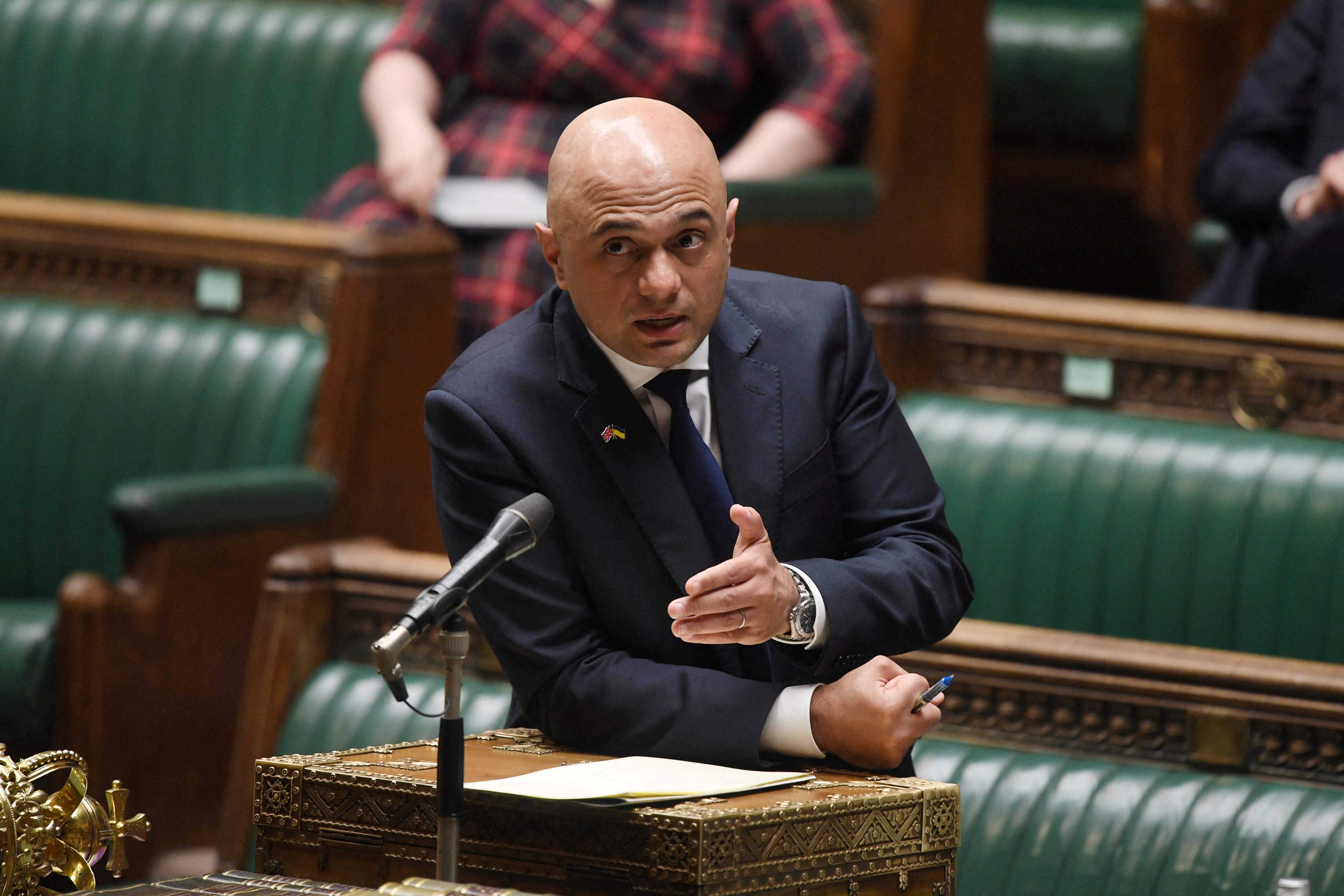Your support helps us to tell the story
From reproductive rights to climate change to Big Tech, The Independent is on the ground when the story is developing. Whether it's investigating the financials of Elon Musk's pro-Trump PAC or producing our latest documentary, 'The A Word', which shines a light on the American women fighting for reproductive rights, we know how important it is to parse out the facts from the messaging.
At such a critical moment in US history, we need reporters on the ground. Your donation allows us to keep sending journalists to speak to both sides of the story.
The Independent is trusted by Americans across the entire political spectrum. And unlike many other quality news outlets, we choose not to lock Americans out of our reporting and analysis with paywalls. We believe quality journalism should be available to everyone, paid for by those who can afford it.
Your support makes all the difference.The Independent has revealed that Sajid Javid used an offshore trust while working as an MP in the heart of the Treasury – and did not declare it in the register of members’ interests.
But what exactly are the rules about which financial interests MPs do and don't have to declare?
Elected members of parliament have to submit a register of interests within one month of their election – and the regulations are complicated, covering ten different categories.
The most obvious category is employment and earnings. Any payments over £100 they receive from outside parliament must be registered; payments of less than £100 must also be registered if that person pays them regularly.
The rules are clear that this includes "salaries, fees and payments in kind; gifts received in recognition of services performed", as well as "taxable expenses, allowances and benefits such as company cars", and redundancy payments.
A separate category exists for donations and other support for their activities as an MP or their local political parties. This means loans, financial support, and payment in kind like use of events spaces or training. Ca
Gifts, benefits and hospitality from sources both in the UK and abroad are covered, as are visits outside the UK, "where the cost is over £300 if that cost is not wholly borne by the Member or by UK public funds".
MPs also have to declare any land and property they own which "has a value of more than £100,000 or forms part of a total property portfolio whose value exceeds £100,000". However, homes which are "used wholly for their own personal residential purposes, or those of their spouse, partner or dependent children" are excluded.
There are also separate categories for shareholdings: anything over £70,000 or which any holdings which amount to more than 15 per cent of shares.
And certain family members are covered too: any family member who gets more than £700 in parliamentary funding must be declared publicly. Family members who are engaged in lobbying the public sector must also be noted in the register.
So where might Sajid Javid's offshore trust sit? In the miscellaneous "category 8". The rules for this category say members must declare "any relevant financial interest or material benefit which does not clearly fall into one of the other categories, including any shareholding which falls below the relevant threshold, or any other financial asset, including an asset held in trust".
But the rules for this category say a declaration must be made if the member "considers that it meets the test of relevance; in other words, that it might reasonably be thought by others to influence his or her actions or words as a Member".
It seems that Javid ought to have thought that: as James Murray, shadow financial secretary to the Treasury told The Independent: "If Sajid Javid held money in an offshore trust while he was part of the Treasury, it would raise further questions about decision making in this government."
Subscribe to Independent Premium to bookmark this article
Want to bookmark your favourite articles and stories to read or reference later? Start your Independent Premium subscription today.

Join our commenting forum
Join thought-provoking conversations, follow other Independent readers and see their replies
Comments